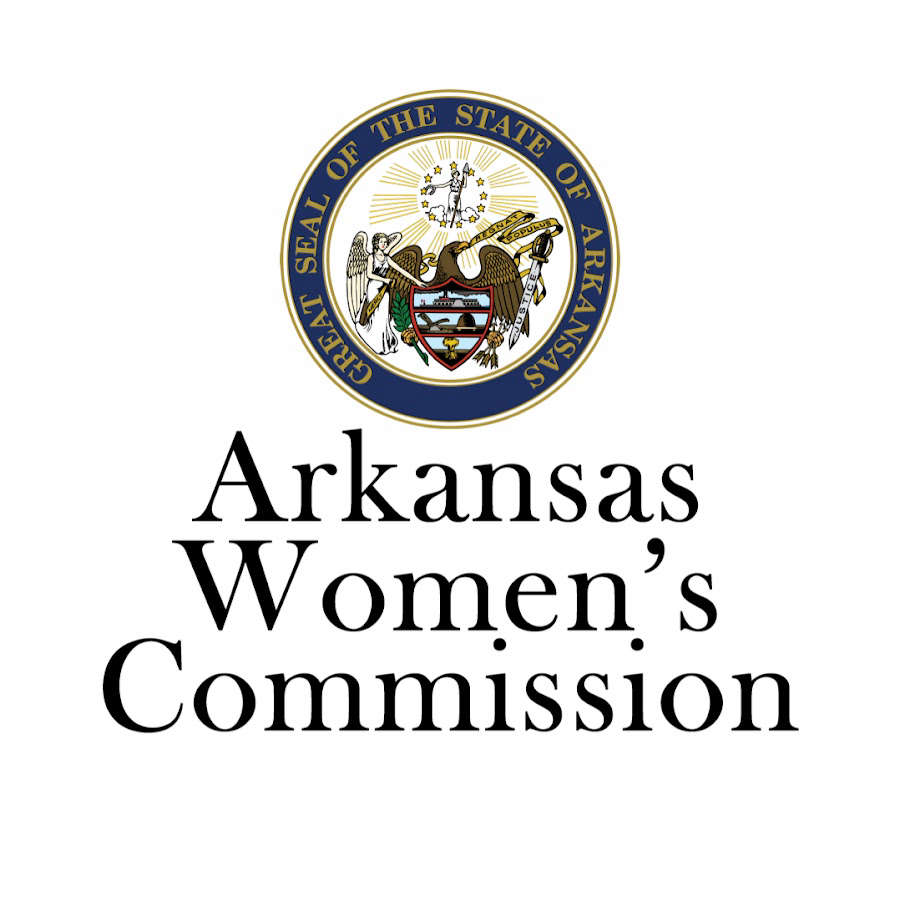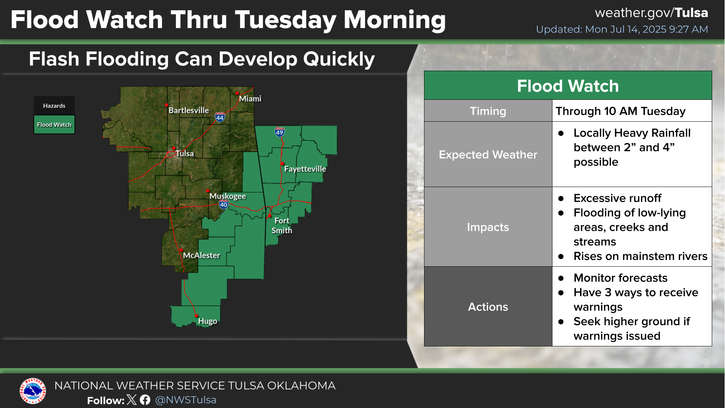
Only 4-10 Arkansas find licensed care for their infants and toddlers, while care centers struggle to retain employees and make a profit.
The Arkansas Women’s Commission released their first report in 49 years, the last report came in 1973.
They focused on 8 areas of recommendations that included women’s mental health, equity in the workforce, programs for single parents, and STEM education. The largest single focus of the report centered around early childhood care.
The report suggests that the business community needs to address childcare challenges. It also says that Arkansas needs to provide incentives for early childhood educators as well as provide technical assistance and capacity building for expanding existing childcare business.
It goes on to say, “there are 227,529 children under age 5 in the state of Arkansas, and half of them are in non-parental care at least 10 hours per week.” Most childcare facilities are small, woman-owned, and private businesses, meaning they operate for-profit, but usually at very thin margins.
The last 18 years has seen less family childcare homes and more childcare centers due to increase safety regulation and lack of capital for families to make necessary improvements to their home. This caused many childcare homes to close.
The Division of Child Care & Early Childhood Education (DCCECE) says that the American Rescue Plan Act has provided funding for expansion of infant/toddler and School-age care, but the increase is not enough to meet the demand.
“In fact, statewide just 4 in 10 working parents can find licensed care for their infants and toddlers,” the report says.
Those that do find childcare may notice a lack of quality in the programs from infants and toddlers as the Environment Rating Scale rates only 36% of childcare slots in Arkansas at the highest rating (Level 3). Narrowed down to focus on infant and toddler care that number shrinks to 26% of centers obtaining the highest rating.
Affordability of quality childcare poses barriers for many. The average annual cost of full-time family childcare in Arkansas for an infant is $7,498, for toddlers it is $7,134. The cost begins to decline when children reach age 4 with the 4-year programs costing an average of $6,575 and after-school care costing $4,159 per year.
The average annual price of childcare has increased over 220% over three decades, outpacing other essential family expenses. The increases have been much more significant in recent years. Driving the cost from the provider’s standpoint is the ratio of staff to children required, especially for the infant and toddlers. In fact, the report says, “providers typically end up subsidizing infant care with fees paid by the families of older children.”
Finding quality staff and teachers in early childhood education also poses a significant problem as 77% of Arkansas teachers work full-time but many do not earn enough for necessities. Teachers of children younger than age three make about $3,500 less per year than those in older classrooms. Also, UAMS found that those working in early childhood care are often “under-trained, poorly compensated, economic and food insecure, and at high risk for depression.”
Some specific statistics behind these findings include that 40% have no early childhood-related education, they make an average of $16,500 - $23,100 less per year than kindergarten teachers, 58% had trouble meeting basic needs in the previous year, 47% are not offered health insurance, and 35% are at-risk for depression.
Other workforce challenges faced by early learning providers are that teachers see this work as a job, not a career; it is not valued as a “real education”; and providers often cannot afford to offer adequate benefits to retain employees.
The study makes four recommendations:
- Meaningfully engage the business community to address childcare challenges
- Provide technical assistance and capacity building for expanding existing childcare businesses
- Incentivize Arkansans to enter or remain in the early childhood education profession
- Explore the related issue of elder care responsibilities, which fall disproportionately on women





 Lingering Rain Prompts Flood Watch for Northern Arkansas Counties
Lingering Rain Prompts Flood Watch for Northern Arkansas Counties
 Missing Man Found, Silver Alert Cancelled
Missing Man Found, Silver Alert Cancelled
 Searcy County Man Facing Charges for Incident on Highway 65
Searcy County Man Facing Charges for Incident on Highway 65
 Silver Alert Issued for Missing Man from Marion County
Silver Alert Issued for Missing Man from Marion County
Comments
Add a comment